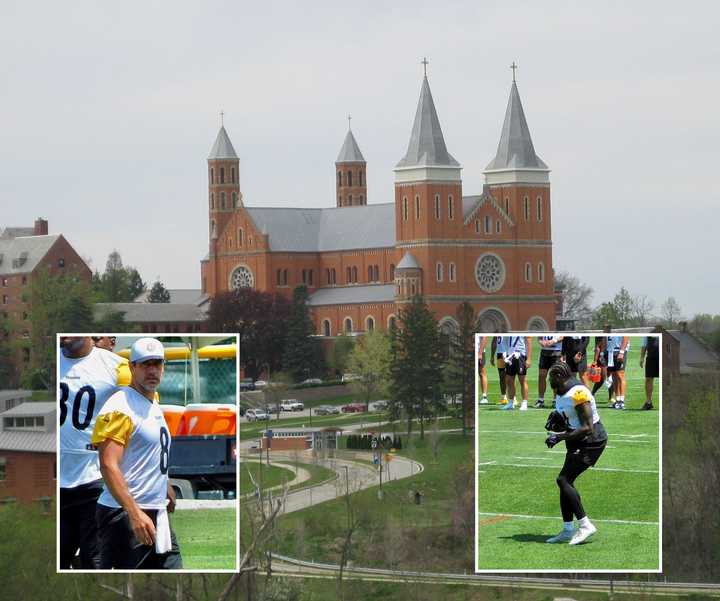Transgender RIT Athlete Sadie Schreiner Sues Princeton
A transgender RIT track and field athlete who registered to run in a meet hosted by Princeton University was pulled from the competition minutes before her race, according to a newly filed lawsuit.
Sadie Schreiner
Rising senior Sadie Schreiner, 21, of Hillsborough, alleges she was barred from competing in the women’s 200-meter dash at the Larry Ellis Invitational on May 3, because of her gender identity, despite meeting the official time requirements and properly registering, according to the civil complaint filed in Mercer County Superior Court.
“Princeton would not allow her to run solely because she was a transgender woman,” her attorney, Susan Cirilli, wrote in the complaint.
Schreiner filed suit against Princeton University, Athletics Director John Mack, Director of Track Operations Kimberly Keenan-Kirkpatrick, and race-timing vendor Leone Timing and Results Services. She is seeking compensatory and punitive damages under the
New Jersey Law Against Discrimination.
According to the complaint, Schreiner registered through Direct Athletics and paid the $44 entry fee as an unattached athlete, meaning she’d be representing herself as a member of the public, rather than representing a university or track club.
She declared at the check-in table before her event and was told she would be racing. But 15 minutes before the start, her name disappeared from the official heat sheet.
When she asked officials why, Schreiner was allegedly told to speak with race-timing staff, then ultimately with Princeton officials. Mack and Keenan-Kirkpatrick allegedly questioned her gender identity and told her she could not compete.
“I do not want to assume, but you are transgender,” one of them said, according to the complaint.
Schreiner offered to present her legal documents and even agreed to undergo testing, but was still denied entry. She said she was the only unattached runner out of more than 140 who was excluded from the race.
The complaint accuses the defendants of unlawful discrimination, intentional infliction of emotional distress, and civil conspiracy. Schreiner says she was humiliated in front of her family and friends, who had come to support her at the event.
A jury trial has been requested.
In a March 31
YouTube video titled “Making My Story Visible,”
Schreiner opened up about her journey through sport, transition, and discrimination — just weeks after the
NCAA revised its policy to limit women’s sports to athletes assigned female at birth.
Schreiner said she knew she wanted to transition “more than [she] wanted to live.” She began hormone therapy during her senior year at Hillsborough High School, fully aware it would weaken her body — and it did. Her testosterone levels dropped to zero, her muscle mass shrank, and her performance declined just as college recruiters were watching, she said.
“Despite supposedly being faster than my teammates, my body felt like it couldn’t keep up at all,” she said. “Everything felt foreign.”
Schreiner was recruited for the RIT men’s team but described training alongside males as miserable and physically unattainable in high school as she began her transition.
After fulfilling the yearlong requirement as required by NCAA policy, she joined the women’s team, where she said she was embraced with open arms. Still, her performance times dropped by as much as 10 seconds in a single race.
She said her ligaments shrunk, her jump height lowered, her VO2 max lowered. Her biology was completely different from a cis man’s, she said in the video.
Although she found support from teammates and broke records for the women, Schreiner said she was eventually barred from competing — not just on men’s teams, where she said she couldn’t keep up, but also on women’s teams, despite complying with NCAA rules and maintaining undetectable testosterone levels.
“I had a shot to win the national title, but they took away my chance,” she said. “The NCAA has barred my competition in every way possible.”
Schreiner now says even competing unattached has become impossible, alleging that universities are too afraid to let her run due to fear of violating federal policy.











